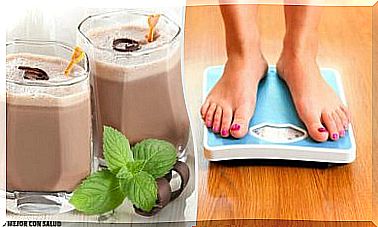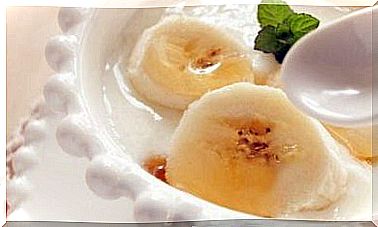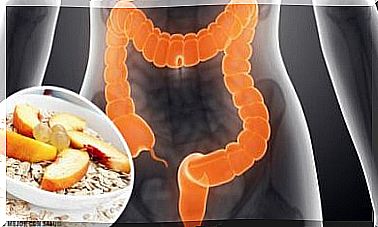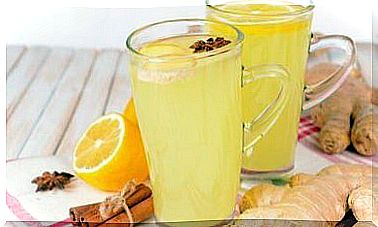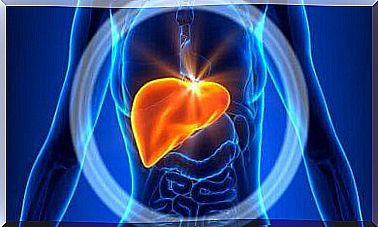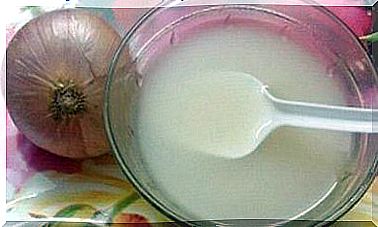6 Vitamins That Help Reduce Inflammation
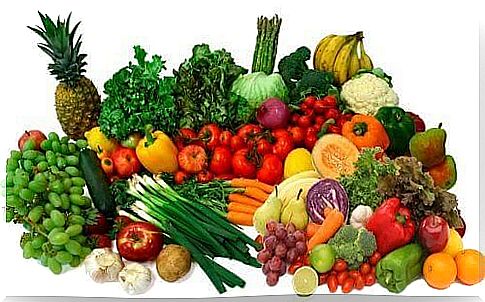
Does your diet help reduce inflammation, or does it cause it?
It is a reaction that is triggered by your body, and is characterized by redness, swelling, pain and difficulty moving, and is caused by the presence of microorganisms, irritants or due to an injury.
Certain vitamins can reduce inflammation because they are rich in antioxidants. Because of this, it is important that you have a complete and balanced diet.
Among these vitamins we find:
Vitamin A to reduce inflammation
Vitamin A is able to relieve pain in the muscles and joints. It is also necessary to keep eyesight and skin healthy.
It also helps strengthen the immune system. Another benefit of vitamin A is that it helps the growth and care of muscle tissue, and does the same for your bones.
It has also been shown that this nutrient regulates your inflammatory processes. Vitamin A helps reduce the levels of the inflammatory mediator known as MCP-1.
How can you get the required amount of vitamin A?
Among the foods that contain this vitamin we find:
- Paprika
- Dark green leafy vegetables
- The sweet potato
- Carrots
- Salad
Vitamin E
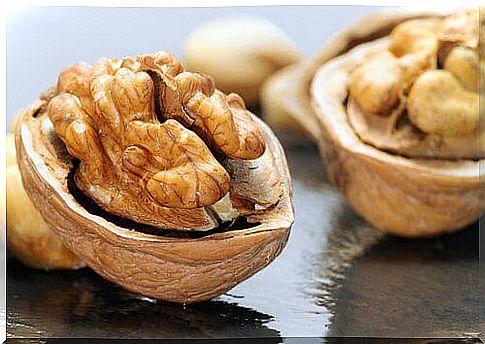
Vitamin E is an organic compound that is important for the body’s health.
Since your body cannot make it naturally, you need to include large amounts of it in your diet. It is recommended that adults eat at least 15 milligrams of this nutrient daily.
According to a study conducted in 2008, eating vitamin E will reduce levels of cytokines. These are some of the body’s inflammatory mediators.
How can you get the right amount of vitamin E?
To get vitamin E naturally, you need to increase your consumption of:
- Nuts (walnuts, hazelnuts)
- Sunflower seeds
- Vegetable oils
- Vegetables (spinach, broccoli, tomato)
- Fruit (mango, kiwi)
It is advisable to include these foods if you have a sore or suffer from any kind of inflammation.
Vitamin C to reduce inflammation
Vitamin C relieves muscle and joint pain by protecting and healing your muscle tissues.
It also helps to:
- Strengthen your immune system
- Strengthen cellular development that is important for the maintenance and healing of muscles.
How can you get the amount of vitamin C you need?
The recommended daily value of vitamin C is 1 gram. You need to add 500 mg of flavonoids to this (natural antioxidants).
To get flavonoids, it is recommended to increase the consumption of:
- Vegetables (artichokes, spinach, broccoli)
- Fruits (apples, lemon, pomegranate, apricot, prune)
- Green tea
- Cocoa
According to several studies, a high intake of vitamin C reduces the amount of inflammation in your body. Vitamin C can be found in foods such as:
- Orange
- Paprika
- Kiwi
- Thyme
- Cauliflower
- Chile
- Guava
Vitamin B
Vitamins belonging to B-complex vitamins regulate metabolism and strengthen the immune system. They also reduce pain and inflammation in muscles and joints. And they are essential for keeping the skin healthy.
B-complex vitamins are responsible for maintaining muscle tone and reducing inflammation in your joints.
This is very useful in chronic diseases such as arthritis. It is also suitable for fighting acute diseases, such as certain types of viruses. It is recommended to eat at least 50 mg of B-complex vitamins daily. This should be divided into two portions.
Among the foods that contain these nutrients, we find:
- Egg
- Lean meat
- Liver
- Peanut butter
- Walnuts
- Soybeans
Vitamin D to reduce inflammation
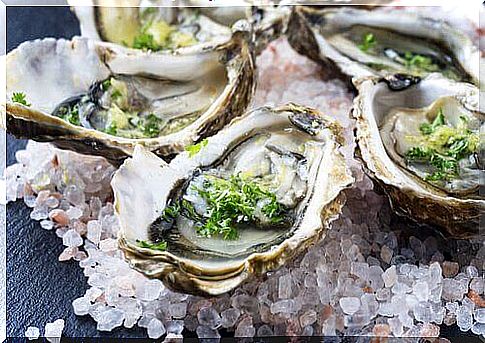
Vitamin D is a natural, soluble steroid. It is made by your body after being exposed to sunlight. So, people exposed to a normal amount of sunlight every day do not need extra supplements.
This vitamin is suitable for fighting inflammation. This is especially true for people suffering from cancer.
In addition to sunlight, you can increase your intake of vitamin D by eating:
- Fish
- Oyster
- Ham
- Tofu
- Dairy products
Vitamin K
Vitamin K prevents inflammation. It does this by inhibiting the inflammatory agents made from white blood cells, called monocytes.
At elevated levels, vitamin K helps improve heart function and bone health.
In addition, it reduces the calcification and stiffness of the vascular tissues, and minimizes the risk of heart attack. Vitamin K is especially present in these vegetables:
- Spinach
- Nepeblader
- Leaf bait
- Parsley
- Roman salad
- Broccoli
- Cauliflower
Be sure to eat enough vitamins to fight inflammation
It is important to maintain a balanced diet. On the one hand, this prevents you from getting tired of healthy food. On the other hand, it is also the best way to give your body the nutrients it needs to stay healthy.
Also, as you can see, it can be quite easy and simple to fight inflammation. This is because there is a large list of available options. Try to include all types of foods in every meal.
At the same time , we recommend that you live a healthy life, so that the inflammation does not have the opportunity to present itself. Do not forget to exercise!

